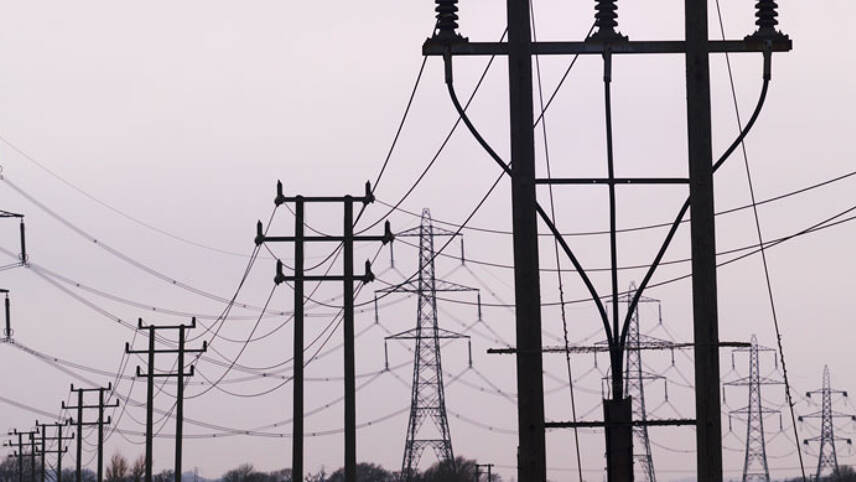Member only content free until 26/05/2024
To continue reading this article and enjoying free access to all Utility Week’s content up to the 26/05/2024 Register today!
Ready to become a member?

Distribution network operators (DNOs) must take a more flexible role in network management to avoid or deter the need for network reinforcement, Ofgem has insisted.
The regulator said it had found barriers to the increasing use of flexibility on the distribution networks, such as hesitance to adopt new practices, which must be removed to enable DNOs to move to distribution system operator (DSO) roles.
“DNOs have engaged with innovation opportunities through their price control to develop flexible new approaches to network challenges,” it said. “However, our analysis identified some issues and barriers to the increasing use of flexibility on the distribution networks.
“These include some hesitance to embrace new practices as business as usual, and a lack of clarity on some key arrangements, such as how DNOs would engage with consumers to procure flexibility, and the relationship between the system operator and a future DSO where there is greater involvement in local balancing.”
Ofgem plans to hold a joint workshop with the Department of Energy and Climate Change (Decc) in spring next year, when it will also provide an update on the development of its work.
“We look forward to progressing these work areas as part of a broader programme of work with Decc, intended to manage the transition to a smarter energy system,” it said. “Our work will also form part of a wider portfolio of related work in Ofgem, looking at issues related to the future development of the system.”
Western Power Distribution recently warned that new commercial frameworks are needed to prevent clashes of interest with National Grid if demand side response is to play a role in shaving peak electricity demand.
DNO trials to test the viability of using demand side response for managing network loads have run into problems, it said, as conflicts with National Grid’s balancing mechanisms cause price escalation.
However, in June, National Grid announced plans to radically overhaul the way it balances the UK’s electricity system to rely mostly on demand-side measures, rather than using generating assets, by the end of the next decade.




Please login or Register to leave a comment.